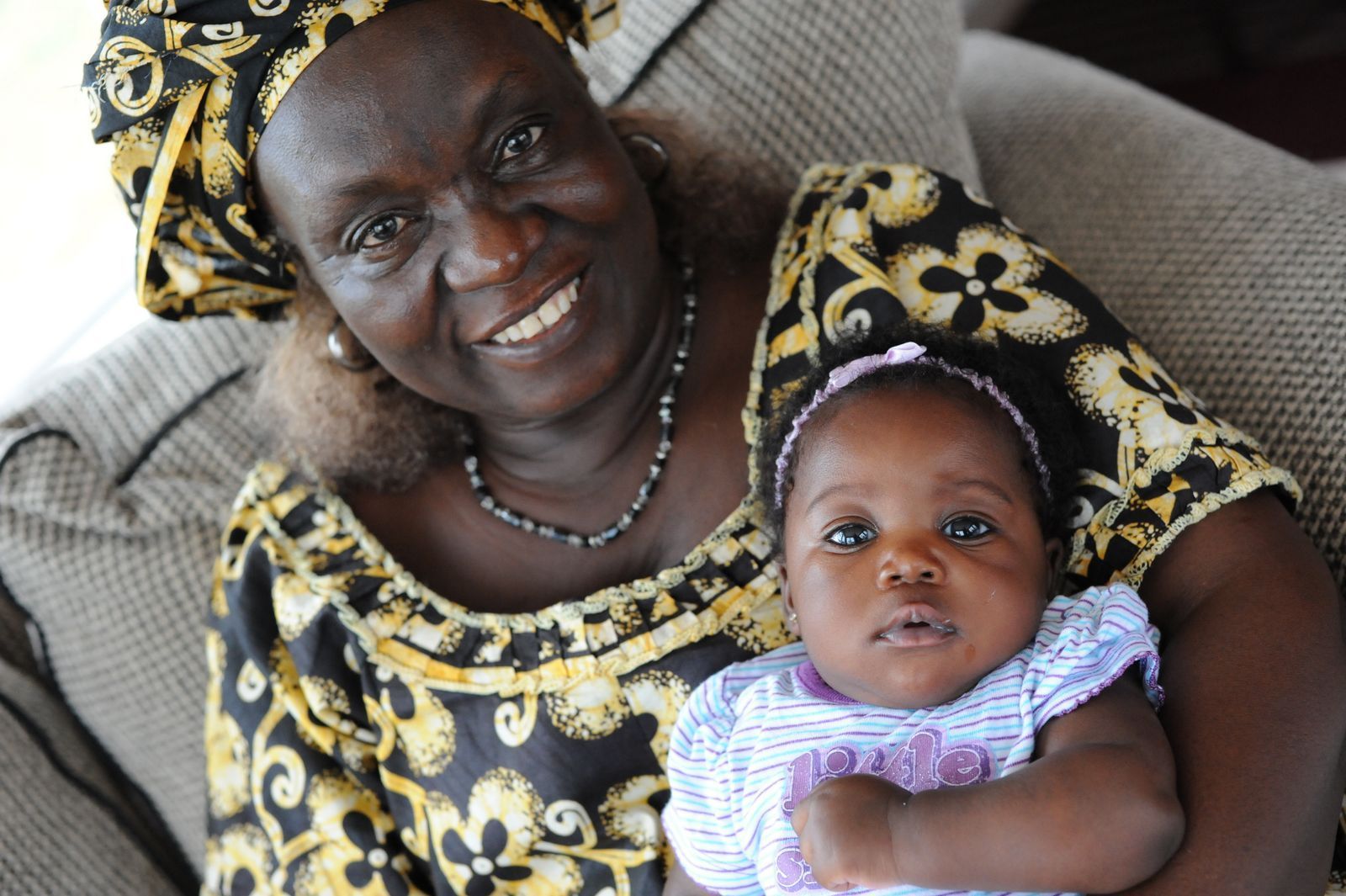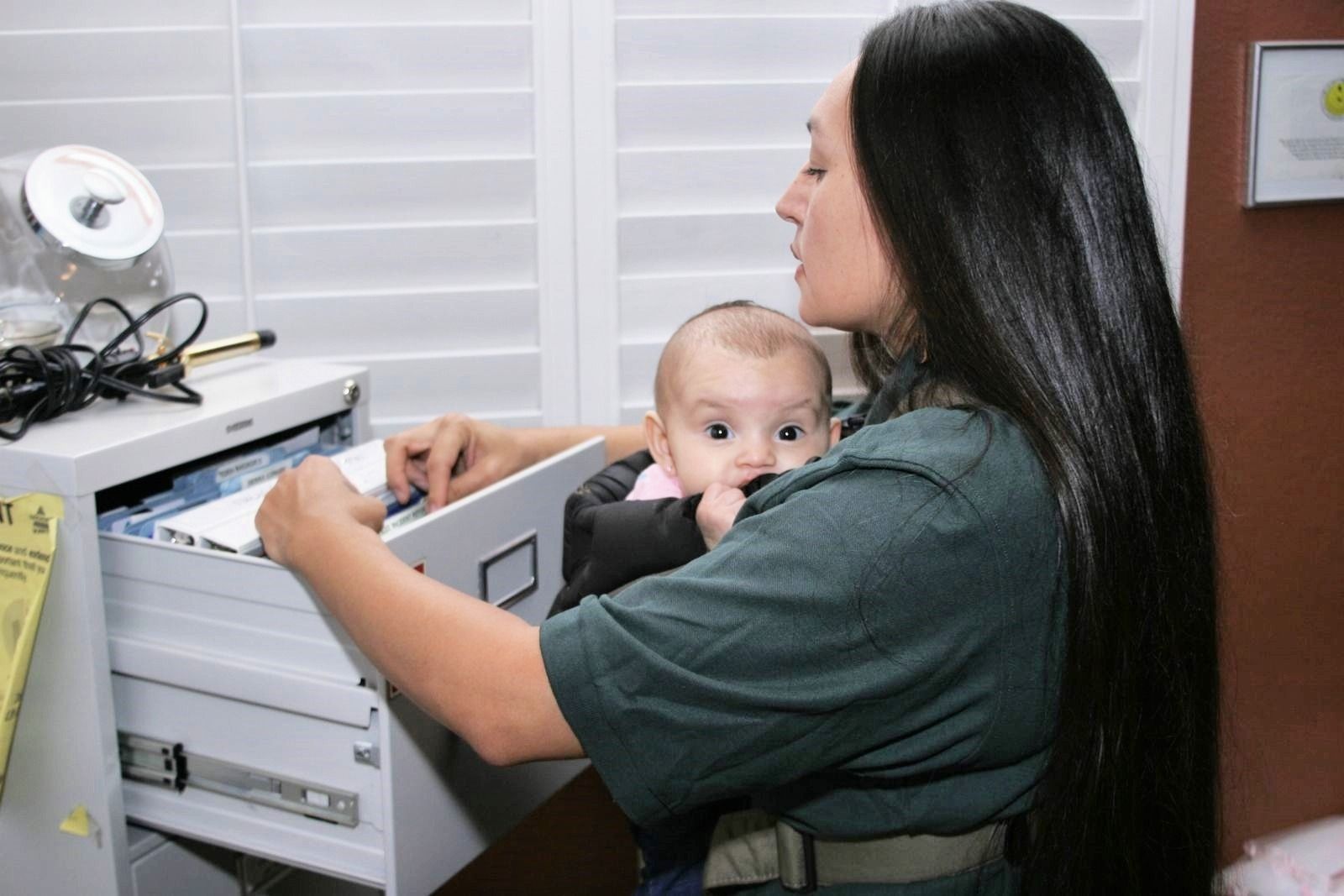Why Your Support Matters
Breastfeeding is natural, but not always easy. New moms often face challenges, from latching difficulties to exhaustion and self-doubt. As someone who cares, you have the power to uplift and reassure your partner, daughter (in-law), or friend with your presence, patience, and understanding. Family and friends often can’t wait to spend time with and get to know the baby. Sometimes loved ones feel that the only way they can bond with the baby is to feed the baby. However, babies form special bonds with caregivers during holding time, playtime, rocking, bathing and in fact, any time spent caring for the baby’s needs. And those are all important ways you can provide needed help and support during the first weeks and months of the baby’s life.

Ways Everyone Can Help
Encourage Without Pressure
Every breastfeeding journey is unique. Support the mother’s choices without judgement. Offer encouragement, especially during the sometimes-difficult early days and weeks and let her know she is doing an incredible job.
Be Informed
Breastfeeding recommendations have changed over the years. What may have been true decades ago, may not hold true today. Learn about current best practices so your advice supports, not contradicts, the mother’s efforts. Check out our Reasons to Breastfeed page to learn about all the ways breast milk is the perfect first food for baby.
Help Around the Home
One of the best ways to support breastfeeding is to reduce the amount of energy a mother needs to expend on other tasks. Cook a meal, do laundry, tidy up, or care for other children. Giving her time to rest and focus on feeding the baby is the best gift you can give.
Offer Emotional Support
Sometimes, just being there is enough. A listening ear, a calm presence, and a reminder that you are there to help can provide comfort during any overwhelming moments.


Bonding With Baby
If the baby is exclusively breastfeeding, there are many other ways to bond with baby other than giving a bottle. Changing diapers, giving baths, wearing baby, and cuddling allows great eye contact and closeness with baby so they get to know you by your touch and your smell.
Avoid Comparing
Every nursing couple is different. Avoid comparing this baby’s feeding patterns to others or sharing stories that may cause worry. Celebrate what is going well and express confidence in her ability to successfully breastfeed her baby.
Help with Baby
While the baby needs to be with the mother to nurse, you can help by giving baby a bath, changing the baby's diaper, or simply holding the baby so mom can shower or nap.
Respecting Feeding Choices
Whether mom is exclusively breastfeeding, pumping, or combination feeding, your nonjudgemental support is crucial. Respect her choices and cheer her on.
Fathers and Partners
Fathers and partners are an integral part of the family team. Many think human milk feeding is the sole responsibility of the nursing parent, however, fathers and partners are a vital player in the feeding process. They serve as the backup brigade for all family needs. Here are some of the many important ways fathers can play a role:
- Attend prenatal appointments and feel confident in your ability to ask the questions you want answered
- Hold baby skin-to-skin often to help foster that physical connection.
- Bring mom water while breastfeeding
- Take baby from mom to burp and change baby’s diaper (this can be done. during night feedings as well)
- Engage with other children in the home
- Take baby and other children for a walk while mom takes a break
- Engage with baby during tummy time
- Wear baby in a carrier while doing chores or taking baby for a walk

“When my wife and I chose to exclusively breastfeed our daughter, I knew that while I couldn’t nurse her myself, my role as a father, was just as vital. Breastfeeding may be something only a mother can do, but it’s not something she should have to do alone. Too many men underestimate their impact; not just on their partner’s experience, but on the success of breastfeeding itself.”
~ Peter - Trenton, Mercer County
This short video from Dad Central Ontario emphasizes the important role fathers can play in supporting their partners with breastfeeding by helping to problem solve potential issues that may arise after bringing the baby home from the hospital. A father's involvement in breastfeeding reduces the mother's stress, promotes bonding with the baby, and reinforces a breastfeeding as a family affair. A supportive partner can make breastfeeding more successful and sustainable for both mother and child.
Including Fathers in Prenatal Visits
Studies have found that when a health care provider includes partners in breastfeeding education, breastfeeding initiation, duration, and exclusivity rates improve. Advocate to include yourself when attending prenatal and infant appointments. Ask questions, take notes, be an active participant so you are ready for the big day and for life with the new baby.

Father and Partner Baby Blues
Fathers and partners can also experience baby blues during the postpartum period. These feelings typically fade within a few days and can include some of the following after the birth of a baby:
- Jealousy - feeling that baby is only happy and not crying while breastfeeding
- Lack of bonding
- Feelings of exclusion
- Helplessness
- Congratulatory remarks are only directed towards mom
Fathers and partners can prevent or resolve some of these feelings by creating a stronger bond with baby. Skin-to-skin contact is beneficial for father and baby alike. It triggers paternal instincts, promotes bonding and confidence, and can reduce anxiety in dads. Visit our Beginning Breastfeeding page for more information on the benefits of skin-to-skin.
Grandparents
Grandparents can play a vital role in helping new moms succeed with breastfeeding, by offering wisdom, encouragement, and practical help. Whether you are a new grandparent or experienced many times over, your support can make a real difference. You can help the nursing couple even if you have had no personal breastfeeding experience.
Offer Support, Not Pressure
Breastfeeding can be joyful but also demanding. New moms often face physical, emotional, and hormonal challenges while they learn the ins and outs of infant feeding. It is important to remember that support comes in many forms as we talked about above and though you may not be able to feed the baby yourself,
you can help with everything else.

There may be times when you do not understand the choice to breastfeed as it may be something you were never able to or wanted to do yourself. While it is natural for grandparents to want to share their experiences, it is important to recognize that times have changed and so has our understanding of infant nutrition. Try to remember that a parent's choice of infant is feeding is their own and should be respected.
Cultural Traditions: A Source of Comfort
Many cultures have time-honored traditions about foods thought to help with milk production. These traditions carry meaning and often come from generations of experience and wisdom. However, every person is different. A new mom may choose not to follow certain food traditions because of taste, dietary preferences, or how her body is feeling during the postpartum period.
If she declines a certain food or does not choose to follow the traditions of your family, remember that it is not a rejection of you or your culture. Instead, it is a reflection of her personal needs and choices for this time in her life that is filled with body changes, emotional shifts, and recovery.
How to Share Without Overstepping
- Offer rather than insisting – Saying, “I made this soup because it is something that helped other people in our family when they breastfed their babies – would you like to try it?” allows mom to feel she has a choice in whether or not to accept the soup without pressure.
- Accept ‘no’ without taking it personally – If she is not ready to try something, responding with “That’s ok. Let me know if you change your mind” creates a supportive space.
- Focus on nurturing, not rules – Instead of emphasizing specific “right” foods and breastfeeding tips, emphasize warmth, and care, especially if mom is already successfully breastfeeding. If she is not, please visit our webpage on Beginning Breastfeeding to learn tips on getting started or our Get Help page to find a lactation professional that can support mom, but only if mom is ready!
For more information on how grandparents can support breastfeeding, visit this
USDA Women, Infant, Children website.

Friends
Many people consider friends their chosen family. Are you wondering how to support your friend on their breastfeeding journey? Here are some ways you can help.
Emotional Support
A friend can often be a source of non-judgmental comfort. Breastfeeding can be stressful or emotional. Just being a calm, understanding listener helps. Assure her that she is not alone in feeling the way she does. If you are worried that your friend may be experiencing an unusual amount of sadness or anxiety around the baby that last longer than two weeks or interfere with their ability to enjoy life and care for the baby, see the
Beyond the Baby Blues: Postpartum Mood and Anxiety Disorder section on the
Beginning Breastfeeding page for important information and resources.

Practical Support
Family life gets extremely busy after the birth of a baby. When visiting your friend at home, bring a meal to save the parents the hassle of making their own. Offer to do other household tasks, like laundry, dishwashing or food shopping. Once the baby is done nursing, offer to hold or rock the baby while mom does something for herself. Remember to assure mom that you are there to support her, even if that means she wants to take a walk by herself without you!





